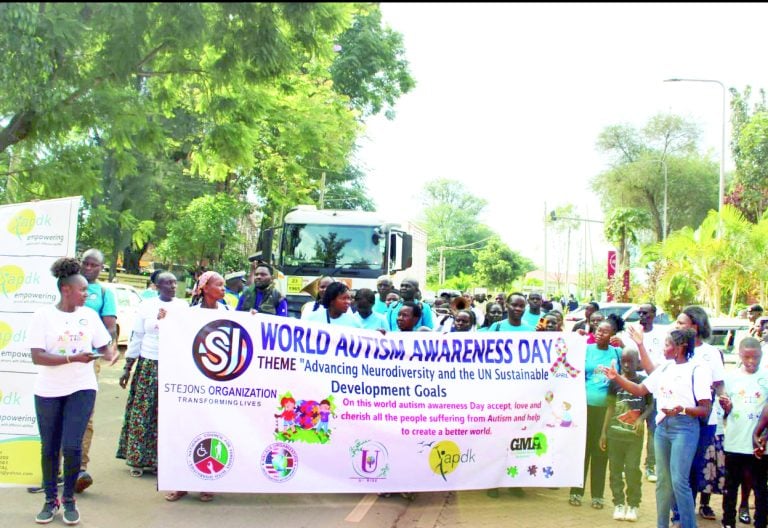Disability Act big win for autistic children - People Daily
Thursday 15th May, 2025 10:00 AM|

President William Ruto’s recent assent to the Persons with Disabilities Bill, 2023, marks a critical turning point in Kenya’s long-overdue journey toward meaningful inclusion for persons with disabilities.
After nearly two decades since the original legislation in 2003, this new law expands and clarifies the rights of children and adults living with disabilities.
For families raising neurodivergent children, including those with autism spectrum disorder, it offers long-awaited recognition and real hope.
As the father of a 15-year-old autistic son, I receive this legislation as someone who understands, firsthand, the systemic obstacles faced by families like mine. My son is thoughtful and curious, sometimes overwhelmed by noise or crowds, but full of potential when supported in the right environment.
Yet for most of his life, we have had to navigate a society still struggling to understand him.
One of the most powerful shifts introduced by this Bill is the explicit right to inclusive and equitable education. Learning institutions, whether public or private, can no longer lawfully deny admission to a child on the basis of disability.
Schools are now required to make reasonable accommodations, ranging from assistive devices and individualised learning support to trained teachers and sensory-friendly spaces. According to UNESCO, only about 10 per cent of children with disabilities in Kenya currently have access to formal education.
For children with autism, this law could mean the difference between being tolerated in a classroom and actually thriving in one.
It could mean access to visual learning tools, calm environments that regulate sensory input, and educators who recognise the value of neurodiverse minds. We must ensure that children are taught with understanding and compassion.
The Bill offers relief for parents and guardians. Caregivers of children with severe disabilities will now qualify for a personal income tax exemption of up to Sh150,000 annually, provided the child is properly assessed and registered.
This amount is a tangible acknowledgement of the financial, emotional and time-intensive demands that come with caregiving.
According to a 2023 report from the Autism Society of Kenya, a single therapy session – such as speech or occupational – costs between Sh2,000 and Sh5,000, with many children needing multiple sessions per week. Transport, dietary needs, learning tools and home adjustments further stretch already tight budgets.
Currently, fewer than 10 per cent of public health facilities offer the kinds of therapies autistic children often require.
This provision, if implemented robustly, could close one of the most painful gaps in our healthcare system and significantly improve developmental outcomes.
A critical administrative improvement is the streamlining of documentation. Disability registration cards, national IDs and birth certificates have too often been mired in delays and bureaucracy.
These documents are gateways to access SHA coverage, education bursaries and employment opportunities.
For my son and thousands of children like him, this legislation is an affirmation. It tells him he is not broken, not forgotten and not a burden.
It tells parents like me that our struggles have been seen and our voices heard.
You Might Also Like
For these and more credible stories, join our revamped Telegram and WhatsApp channels.











